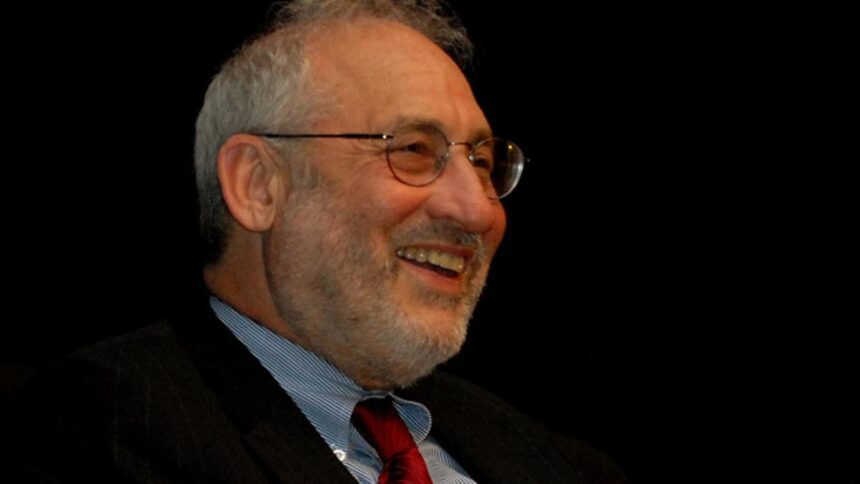Nobel Prize-winning economist Joseph Stiglitz argues this in his new book The Road to Freedom: A Good Economy and Society the unregulated ‘free’ market actually reduces economic opportunities for the majority and helps individuals siphon wealth from the many to the few. In a video interview, he explained his vision for an alternative approach.
You argue that neo-liberalism or capitalism endlessly increases the freedom of the rich at the expense of the freedom of the poor. Can you tell me how?
The point is that one person’s freedom can interfere with the freedom of another. We live in a highly integrated society where what others do affects others. The great philosopher Isaiah Berlin said “Freedom to the wolf means death to the sheep”. If you allow a company to exploit others through monopoly power or deceptive practices, it increases the monopoly’s profits but reduces the welfare of the workers, which actually hinders economic efficiency. So there is a trade-off.
In many of these cases, the benefits of the rich come not only at the expense of the poor; the total amount of goods and services produced in the economy may decrease. This is why you need to act collectively. You need government, you need regulation, you need public investment.
Friedrich Hayek wrote in his very famous book called ‘The Road to Serfdom’ in 1944 that he feared that the government that took the role of providing welfare and macroeconomic stability after the Second World War would put countries on the road to slavery or authoritarian fascism. He was wrong. What we are seeing today is the growth of authoritarian populism in countries where the government is not doing anything. It is not in countries where the government takes an active role, as in the Nordic countries, that we find fascism growing so rapidly. Indeed in countries where there are problems millions are left behind, like in the United States. Neo-liberalism is the source of the growth of today’s fascist populism.
But many would argue that no country has ever had a truly free market… so is it right to blame capitalism for our problems?
I would say that if we had extreme capitalism like that it would be worse. We will have more inequality, exploitation, monopoly power, economic volatility, and climate change will be worse. We know the economy doesn’t manage itself. We know that the powerful can exploit the less powerful.
In the United States, we would not have the technological advantage that we have over other countries if the government did not spend on research and education. Our technological superiority is largely based on government spending.
You say that real markets are not as competitive as economists think, and that governments play an important role in correcting market failures. But do we need a perfect competition textbook style?
There is competition in our market. You have Google, Microsoft, Facebook competing in one area or another. But what we’ve learned over the years is that … even a small amount of market imperfection can lead to economic inefficiencies and open up huge opportunities for exploitation. But the second thing is that in the American economy today we have a huge competitive handicap. Perfect competition is about pricing that is very close to cost or exactly what it costs. But what we’ve seen in the data in recent years is that the gap between prices and costs is so large that anyone who looks at the economy … has to say that we’re very far from an efficient economy.
Companies devote a lot of energy not to making better products but to making the market less competitive. They have been very adept at innovation that undercuts the competition. So, instead of using the rare talents of our society to produce better products, they use the rare talents to reduce competition, increase monopoly power and increase exploitation.
How does your argument about progressive capitalism fit in a country like India where the role of the state is greater than in developed countries?
When you say that the role of the state is too big in India, you have liberalized a lot, for example in the financial sector and the government is not taking an active role in many areas like health and housing. And you have allowed billionaires to thrive without paying the same taxes.
So I believe that there is more scope for what we call progressive capitalism in India. You need environmental regulations; so much of India is an environmental disaster, including the use of water and many agricultural areas, and pollution in cities.
For me, when I visited India, I saw the scope of a greater role for the government to create a better society. And India is now rising for the standard of living or wealth that can have this situation which is very important for the life of ordinary Indian.




